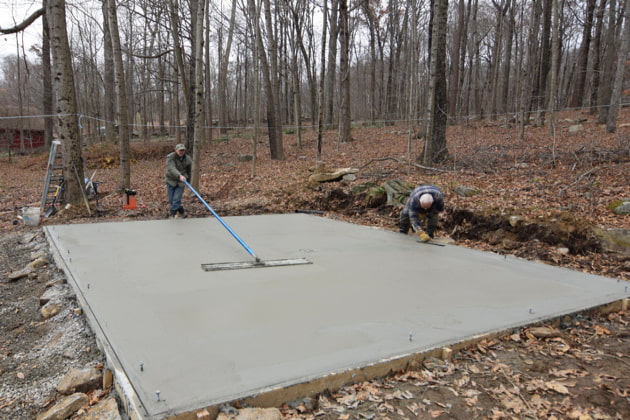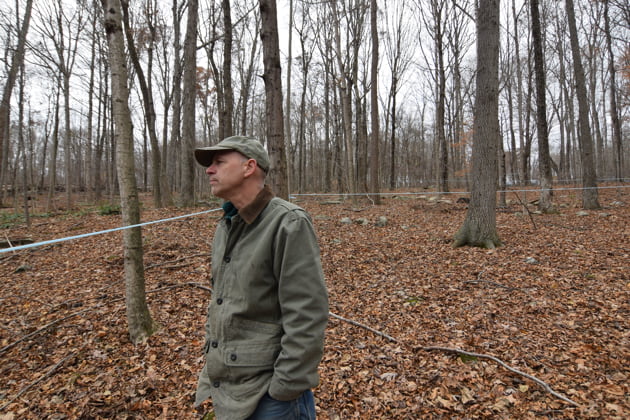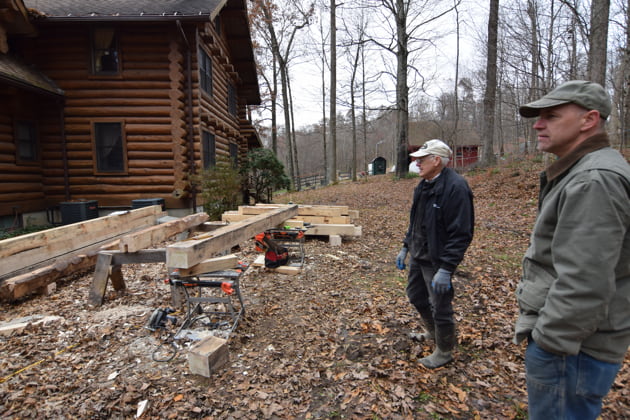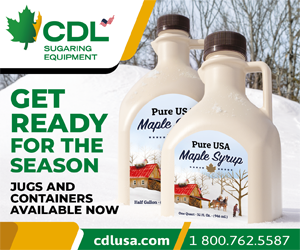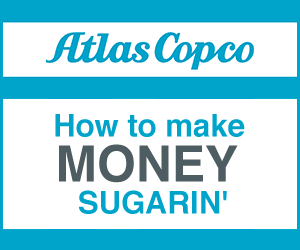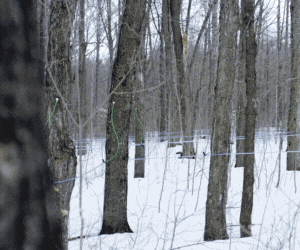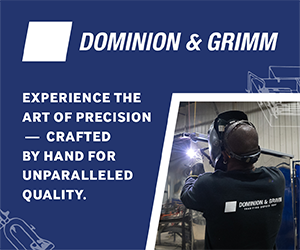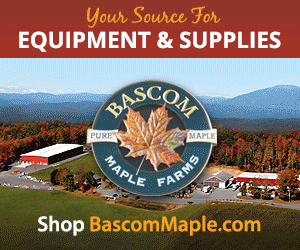Food Safety & Gov't Regulations
Connecticut sugarmakers fighting new food law
Cottage Food law in Nutmeg State could cause problems
By PETER GREGG | JANUARY 25, 2019
COLUMBIA, Conn.—A new state law has sugarmakers in a panic and an effort is underway to convince the state legislature to rewrite it.
“It could be arbitrary,” said Mathew Wilkinson, a sugarmaker in Columbia, Conn. who is spearheading a campaign to convince the legislature to revise the state’s so-called “Cottage Food Law” to address concerns of maple.
As it stands now, the law sets up an inspection process for small scale sugarmakers making candy or cream in their home or sugarhouse kitchens. Advocates say this will benefit the industry by giving consumers confidence that they’re getting clean and safe products made in a wholesome foodmaking facility.
“It helps mom & pop operations,” Wilkinson said.
But the law does not address maple specifically and if taken literally, it could force all production, including syrupmaking, to occur in a state approved “kitchen” which in turn could mean that all sugarhouses will come under state inspection and could be forced to comply with regulations for kitchens.
“If you read it verbatim, you have to do all of your processing in a kitchen,” Wilkinson said.
The Maple Syrup Producers Association of Connecticut says the state department of consumer protection is going well beyond the the new FDA requirements—in fact doing the opposite of the FDA regs, which exempt retail sugarmakers—and making all sugarmakers who sell to the public to undergo an inspection to become a Food Manufacturing Establishment.
“Which can be very costly,” said association president J. Mark Harran of Litchfield, Conn.
“The Deptarment of Consumer Affairs will be forcing me to do something we don’t have to do,” Wilkinson said, referring to the FDA exemption for retail sugarmakers.
Adding even more confusion is that there are no guidelines on what a kitchen should entail, Wilkinson said.
There is no definition in the law to show if a sugarhouse will need to have all stainless countertops and washable whiteboard walls, for example.
Worse still, the law will grant much of the inspection duties to local health inspectors, Wilkinson said.
That could lead to disaster, with arbitrary enforcement from town to town and uneducated local officials imposing their own biases on their neighbor sugarmakers.
He said he had a small amount of confidence that the legislature can be convinced to get the changes in place. The hope is to simply make the state law follow the FDA law. But the whole process may take two years.
“I think we’ll see some progress this year but it will take a couple of years before this is all sorted out,” Wilkinson said.















